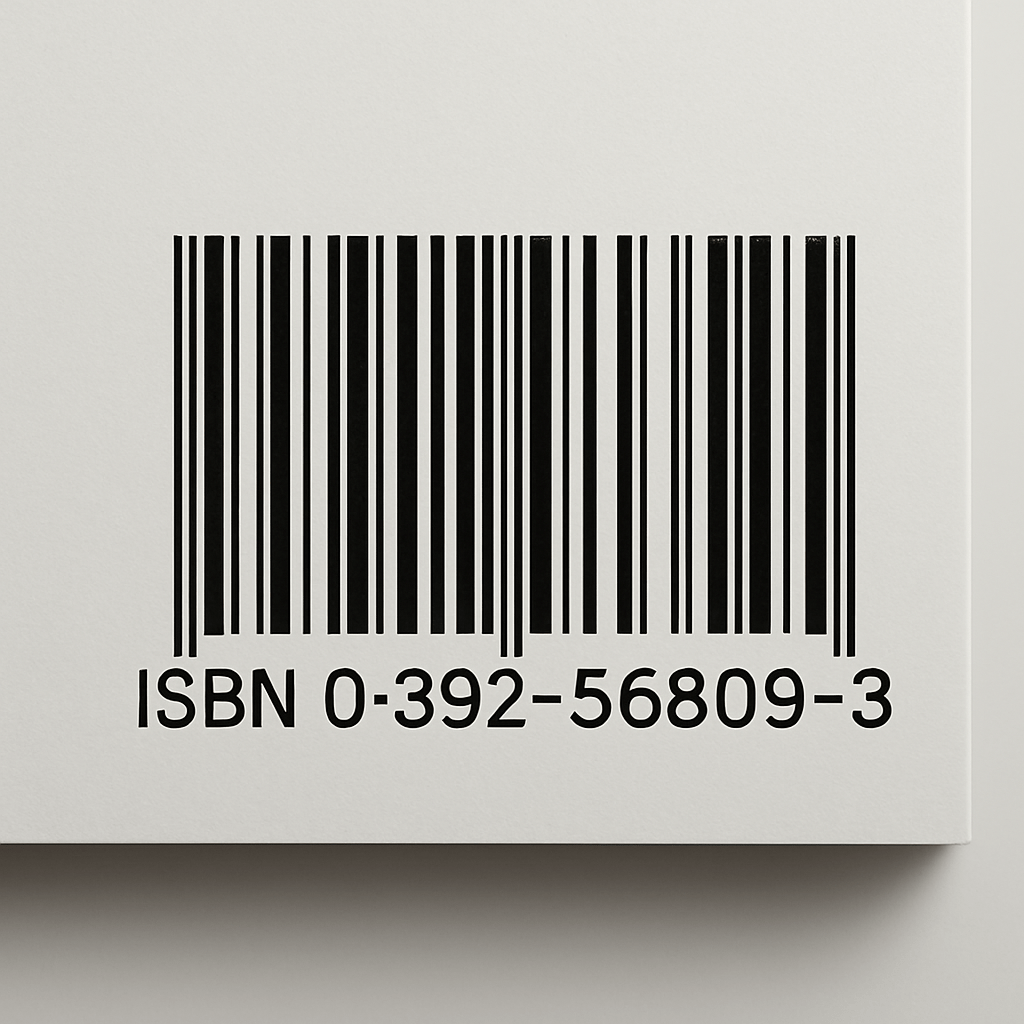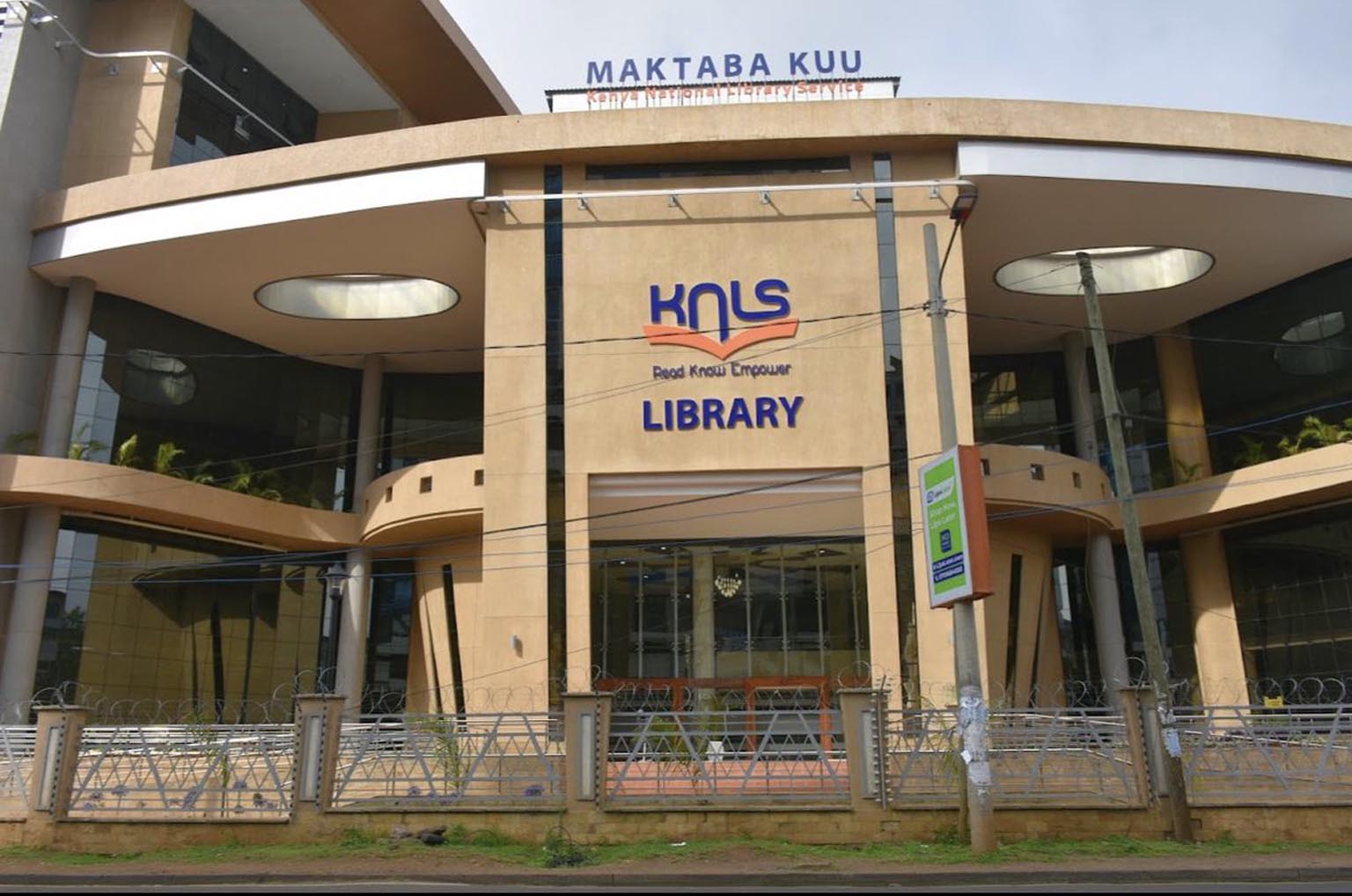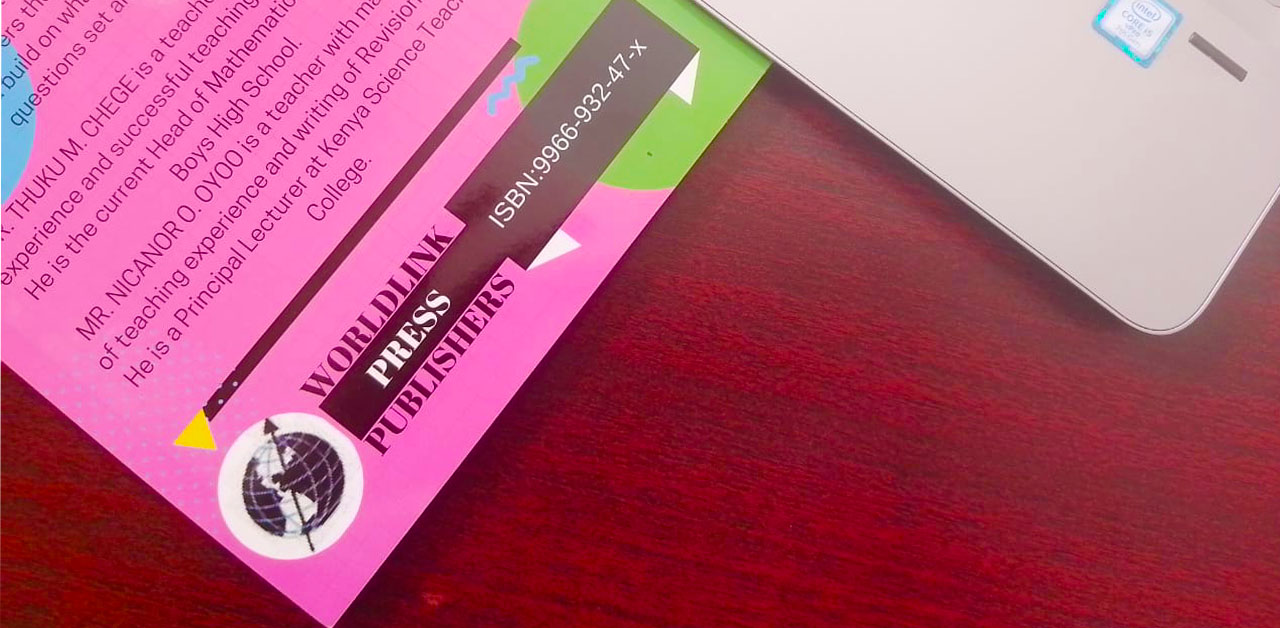An ISBN (International Standard Book Number) is essential if you’re planning to publish a book in Kenya. Whether it’s print, eBook, or audio, an ISBN gives your work a globally recognized identity, improves discoverability, and is required by most retailers, distributors, and libraries.
In Kenya, the Kenya National Library Service (knls) is the official ISBN issuing agency. Here’s everything you need to know— from applying for one, to pricing, to what happens after you receive it.
What Is an ISBN?

An ISBN is a 13-digit identifier that distinguishes your book from others in the market. It’s used by:
- Bookstores
- Libraries
- Wholesalers
- Distributors
- Online platforms like Amazon
Why You Need an ISBN
- Identification: Each edition and format (hardcover, paperback, eBook) needs its own ISBN.
- Distribution: Major retailers won’t list your book without one.
- Global Access: Your book gets cataloged internationally.
- Professionalism: It signals credibility and seriousness.
- Marketing: ISBNs make your book discoverable in databases and catalogs.
- Copyright Trail: While not a copyright in itself, it supports bibliographic tracking.
Where to Get an ISBN in Kenya
You must apply through the official ISBN Manager Platform managed by knls.
Step-by-Step: How to Apply for an ISBN

- Visit isbn.ac.ke
- Click “Don’t have an account” (if you’re new).
- Fill in your details: email, username, password.
- Complete the CAPTCHA and verify your email.
- Update your My Info and Publisher Info (self-publishers use personal info).
- Click “ISBN Products” and add to cart.
- Choose a payment method and complete the transaction.
- You’ll receive your ISBN by email—usually within 24 hours.
Pro tip: Track orders under “My Order History” after logging in.
ISBN Pricing in Kenya (2025)
| Quantity | Price (KES) |
|---|---|
| Single ISBN | 1,500 |
| 10 ISBNs | 10,000 |
| 100 ISBNs | 50,000 |
| 1,000 ISBNs | 100,000 |
Tip: Buying in batches saves money if you have multiple books or editions.
Frequently Asked Questions
Do I need a different ISBN for each format or language?
Yes. Each version—paperback, eBook, audiobook, translation—must have its own ISBN.
Can I reuse an ISBN?
No. Each edition requires a separate ISBN. Significant content changes = new ISBN.
What if I forget my ISBN Manager password?
Use the “Forgot Password” link on the login page to reset.
What Happens After You Get an ISBN?
Your next legal obligation is legal deposit.
What Is Legal Deposit?
Under the Books and Newspapers Act (Cap 111), all publishers—including self-publishers—must submit two copies of every publication to knls. Digital publications (e-books) are included.
Why It’s Important
- Supports the Kenya National Bibliography (KNB)
- Preserves the country’s cultural and intellectual heritage
- Provides public access to Kenyan literature for future generations
Ready to Publish? Partner with Esomeni!
At Esomeni, we’re passionate about African storytelling and committed to making the publishing process smooth, professional, and affordable.
We’ll guide you from manuscript → ISBN → market — design, editing, printing, and beyond.
Looking for Great Reads?
Discover a curated selection of African literature, children’s books, inspirational titles, and more.
Because every great book deserves a great reader like you!
Need Help with ISBN?
Kenya National Library Service (knls)P.O. Box 30573-00100, Nairobi
Phone: +254 20 2739893 / 2739894 / 2739896
Email: knls@knls.ac.ke
Website: www.knls.ac.ke
Final Thoughts
Getting an ISBN in Kenya is now a seamless online process. Whether you’re writing fiction, academic research, or inspirational nonfiction, your publishing journey begins with securing your ISBN — and ends with your story reaching the world.
Special thanks to Kenya National Library Service (knls) for leading this initiative and preserving Kenya’s literary history.






 No products in the cart.
No products in the cart.
Comments (2)